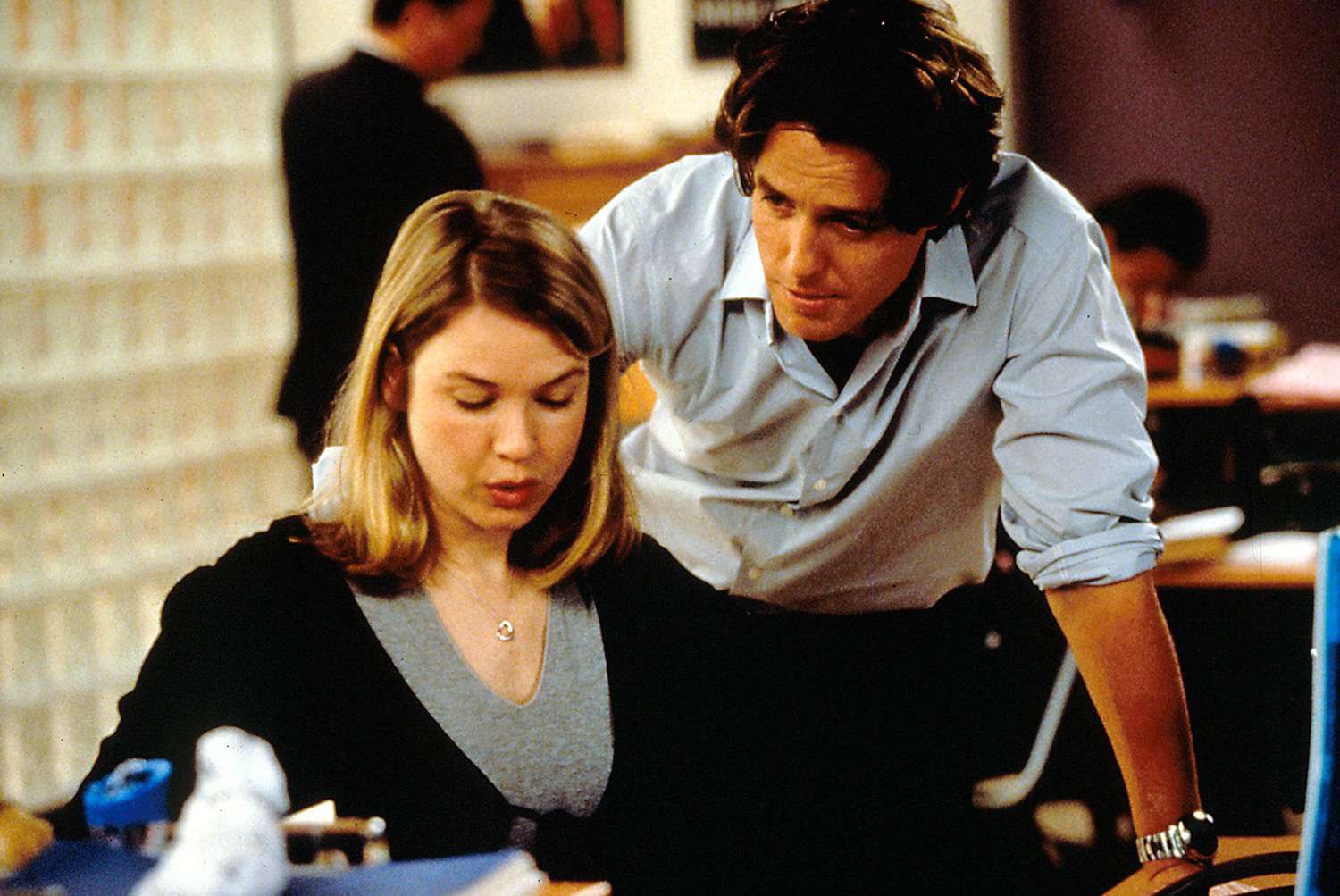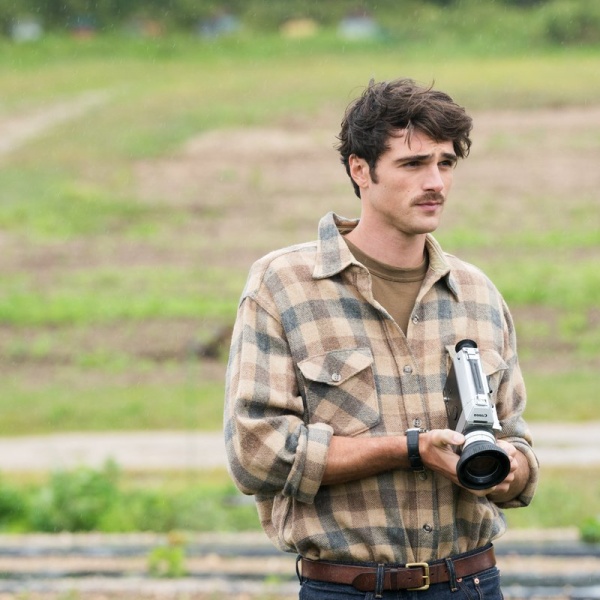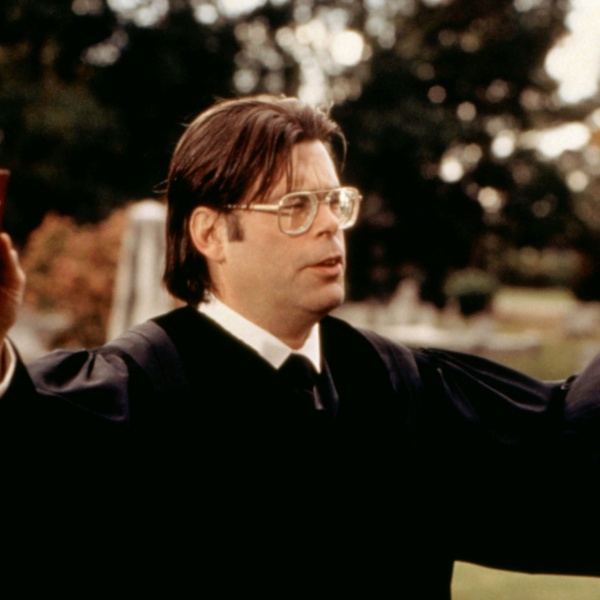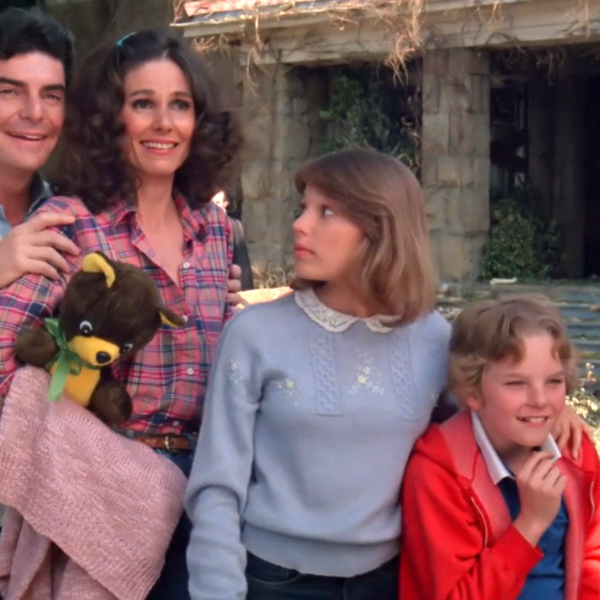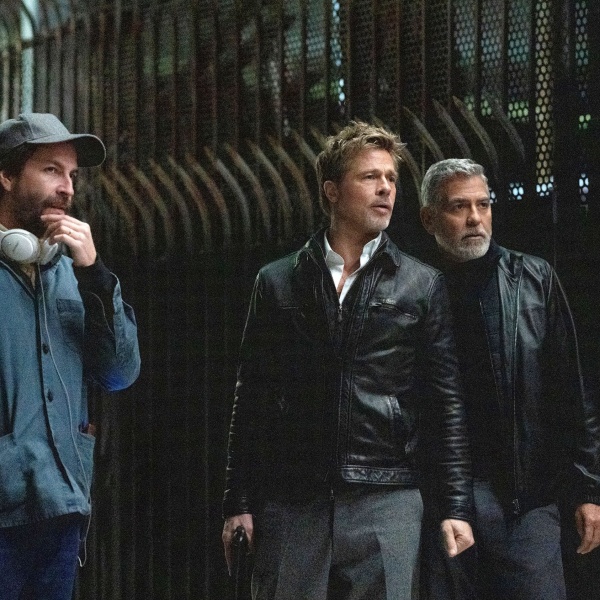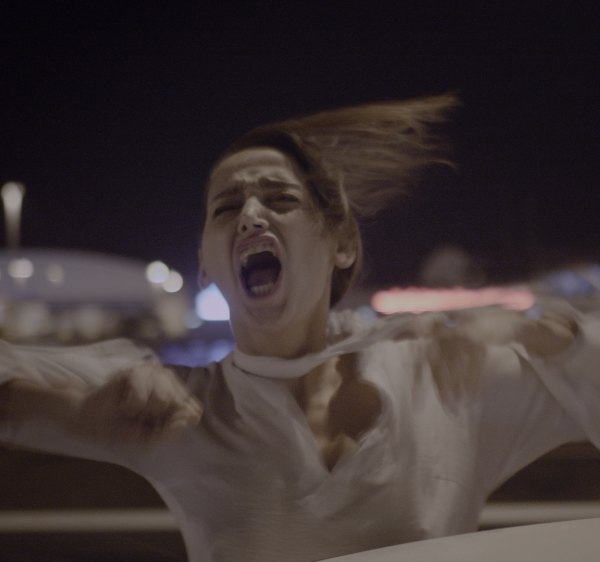“Bridget Jones‘ Diary” just got another author.
Franchise star Hugh Grant told Vanity Fair that for the upcoming fourth film, “Bridget Jones: Mad About the Boy,” he rewrote scenes involving his character Daniel Cleaver. Grant appeared in the first two films, and turned down appearing in the third due to script issues.
“I really couldn’t fit my character in — he just didn’t belong, so I stepped aside,” Grant said of exiting 2016’s “Bridget Jones’s Baby.”
For “Mad About the Boy,” Grant wanted to make sure his character fit in with the storyline.
“I loved the script — it made me cry, and I wanted to help with this one,” Grant said. “But really there’s no part for Daniel Cleaver in it at all. They wanted him in it, and in the end, they’d done something I wasn’t crazy about. […] I wrote some scenes.”
He continued of the Helen Fielding novel adaptation, “It’s absolutely the best [‘Bridget Jones’ book], and I think the movie is very funny and very, very moving. I’m not in a lot, I did a week’s work, that’s it…. But when you see the film, you’ll be very moved.”
That flexibility on set is also something that Grant looks for when agreeing to productions.
“I’ve turned down a few that I thought were insufficient in quality or independence allowed to the filmmakers — you felt like a big corporation breathing down the neck of these filmmakers, and I don’t want to make that decision,” Grant said.
How does he know before joining a film that there will be creative leeway and a collaborative production?
“I asked them bluntly. I quizzed the directors,” he said. “You can tell quite early on, since you might have a few ideas about the part before you’ve signed up — you suggest things, and you can tell if there’s a lot of pushback from non-creative executives.”
Michael Morris directs “Bridget Jones: Mad About the Boy,” which also stars franchise lead Renée Zellweger, Emma Thompson, Chiwetel Ejiofor, and Leo Woodall.
Grant credited the original 2001 film “Bridget Jones’s Diary” for helping dismantle his typecasting as an awkward, fumbling, hopeless romantic.
“There are people in my life who have always said, ‘Oh, that’s much more like the real Hugh,’” Grant said of his snarky character Daniel Cleaver in the “Bridget Jones” films.
Grant pointed to his start in Richard Curtis-helmed films like “Four Weddings and a Funeral,” which he labeled as “character roles” that ironically impacted his real-life persona in Hollywood.
“I’m not that stutter-y, blink-ey guy. The catastrophic mistake I made was that because ‘Four Weddings’ was such a gigantic success, I thought, ‘Oh, well, this is the way of infinite wealth and success. People are eating up that person.’ So I did him in real life,” Grant said. “I started doing interviews like him. In my Golden Globe acceptance speech from 1995, I said, ‘I love you, gosh, blah blah. Thank you so much’ — what a dick. I’m playing the character because I thought everyone was eating him up. It was never me at all.”
He added, “People quite rightly were repelled by it in the end.”
